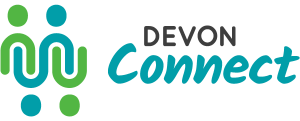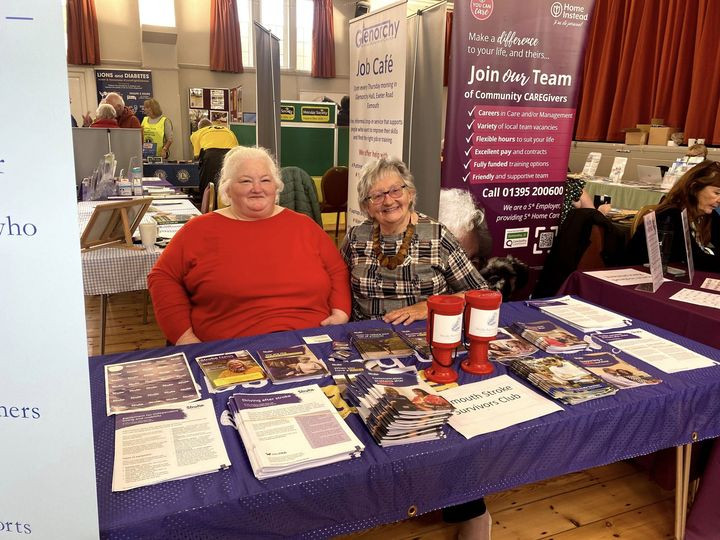EXMOUTH STROKE SURVIVORS WILL BE HOLDING A CAR BOOT ON SUNDAY 5TH MAY 8AM -1PM .THE CLUB IS RAISEING FUNDS FOR BLOOD PRESSURE MONITORS AND EXERCISE EQUIMENT .
Two of the most common psychological problems that can affect people after a stroke are:
- depression – many people experience intense bouts of crying, feel hopeless and withdraw from social activities
- anxiety – where people experience general feelings of fear and anxiety, sometimes with moments of intense, uncontrolled feelings of anxiety (anxiety attacks)
Feelings of anger, frustration and bewilderment are also common.
You'll receive a psychological assessment from a member of your healthcare team soon after your stroke to check if you're experiencing any emotional problems.
Advice should be given to help you deal with the psychological impact of stroke. This includes the impact on relationships with other family members and any sexual relationship.
There should also be a regular review of any problems of depression and anxiety, and psychological and emotional symptoms generally.
These problems may settle down over time, but if they're severe or last a long time, GPs can refer people for expert healthcare from a psychiatrist or clinical psychologist.
For some people, medicines and psychological therapies, such as counselling or cognitive behavioural therapy (CBT) may help.
CBT is a therapy that aims to change the way you think about things to produce a more positive state of mind.
Want to know more?
Cognitive impact
Cognitive is a term that refers to the many processes and functions the brain uses to process information.
One or more cognitive functions can be disrupted by a stroke, including:
- communication
- spatial awareness – having a natural awareness of where your body is in relation to your immediate environment
- memory
- concentration
- executive function – the ability to plan, solve problems and reason about situations
- praxis – the ability to carry out skilled physical activities, such as getting dressed or making a cup of tea
As part of your treatment, each one of your cognitive functions will be assessed, and a treatment and rehabilitation plan will be created.
You can be taught a wide range of techniques that can help you relearn disrupted cognitive functions, such as recovering your communication skills through speech and language therapy.
There are many ways to compensate for any loss of cognitive function, such as using memory aids, diaries and routines to help plan daily tasks.
Most cognitive functions will return with time and rehabilitation, but you may find they do not return to the way they were before.
The damage a stroke causes to your brain also increases the risk of developing vascular dementia.
This may happen immediately after a stroke or it may develop some time later.
Want to know more?
Movement problems
Strokes can cause weakness or paralysis on one side of the body, and can result in problems with co-ordination and balance.
Many people also experience extreme tiredness (fatigue) in the first few weeks after a stroke, and may also have difficulty sleeping, making them even more tired.
As part of your rehabilitation, you should be seen by a physiotherapist, who'll assess the extent of any physical disability before creating a treatment plan.
Physiotherapy will often involve several sessions a week, focusing on areas such as exercises to improve your muscle strength and overcome any walking difficulties.
The physiotherapist will work with you by setting goals. At first, these may be simple goals, such as picking up an object.
As your condition improves, more demanding long-term goals, such as standing or walking, will be set.
A careworker or carer, such as a member of your family, will be encouraged to become involved in your physiotherapy.
The physiotherapist can teach you both simple exercises you can do at home.
If you have problems with movement and certain activities, such as getting washed and dressed, you may also receive help from an occupational therapist. They can find ways to manage any difficulties.
Occupational therapy may involve adapting your home or using equipment to make everyday activities easier, and finding alternative ways of achieving tasks you have problems with.
Want to know more?
CARS £10 vans £15


